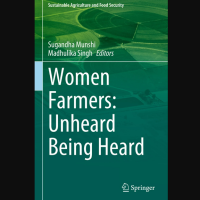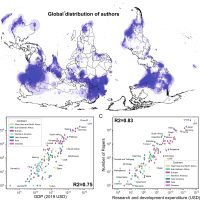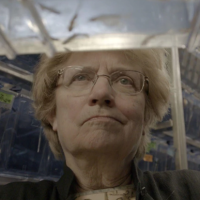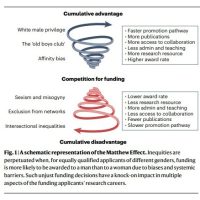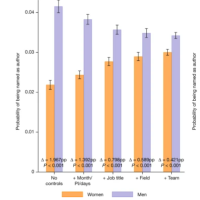Currently reading
Subtle forms of misogyny attack female leadership and coerce women to conform to conventional gender norms. It’s time to call out these behaviours, say Alison Bentley and Rachael Garrett.
Alison Bentley & Rachael Garrett
Nature – CAREER COLUMN (26 June 2023)
An evidence-based book celebrating women farmers in Agriculture. Provides the opportunities, innovations and initiatives needed to fill the gender gap in agriculture and collects latest research reflecting upon the journey of women farmers in agriculture.
Sugandha Munshi & Madhulika Singh
Springer – 2023
The field of plant science has grown dramatically in the past two decades, but global disparities and systemic inequalities persist.
Rose A. Marks, Erik J. Amézquita, Sarah Percival, Alejandra Rougon-Cardoso, Claudia Chibici-Revneanu, Shandry M. Tebele, Jill M. Farrant , Daniel H. Chitwood, and Robert VanBuren
PNAS Vol. 120 | No. 10 (18 January 2023)
When the MIT molecular biologist quantified how much more lab space men were given, she unleashed a US-wide reckoning about how women are held back in academia.
Nature 615, 787-788 (27 March 2023)
The Matilda Effect was coined in 1993 and explains the phenomenon of women’s historical contributions to science getting forgotten over time. These women are not only left out of history books, but also subjected to men taking credit for their work.
Beyond the Scenes | The Daily Show
Institutions must change the reward structure to value a wider range of perspectives.
Virginia Gewin
Nature Career Feature (22 November 2022)
When women refuse requests to do unrewarded tasks, another female colleague often gets asked instead.
Linda Babcock, Brenda Peyser, Lise Vesterlund & Laurie R. Weingart
Nature Career Column (10 November 2022)
Governments worldwide are committing more funding for scientific research in the face of the ongoing pandemic and climate crises. However, the funding process must be restructured to remove the barriers arising from conscious and unconscious biases experienced by minoritized groups, including women, and particularly women of colour.
J. M. Jebsen, K. Nicoll Baines, R. A. Oliver & I. Jayasinghe
Nature Chemistry 14, 1203–1206 (27 October 2022)
There is a well-documented gap between the observed number of works produced by women and by men in science, with clear consequences for the retention and promotion of women. The gap might be a result of productivity differences or it might be owing to women’s contributions not being acknowledged.
Matthew B. Ross, Britta M. Glennon, Raviv Murciano-Goroff, Enrico G. Berkes, Bruce A. Weinberg & Julia I. Lane
Nature 608, 135–145 (22 June 2022)
Female scientists must navigate institutional barriers when forming collaborations.
Sara Reardon
Nature 605, 179–181 (5 May 2022)
These are three mistakes universities make when they attempt to improve gender equity.
Michelle Ryan
Nature 604, 403 (19 April 2022)
Amongst recent high-profile bullying and (sexual) harassment scandals in academia, many have involved perpetrators who are ‘star academics’, yet had records of bullying and multiple complaints over many years.
Susanne Täuber & Morteza Mahmoudi
Nature Human Behaviour, 6, 475 (2022)


